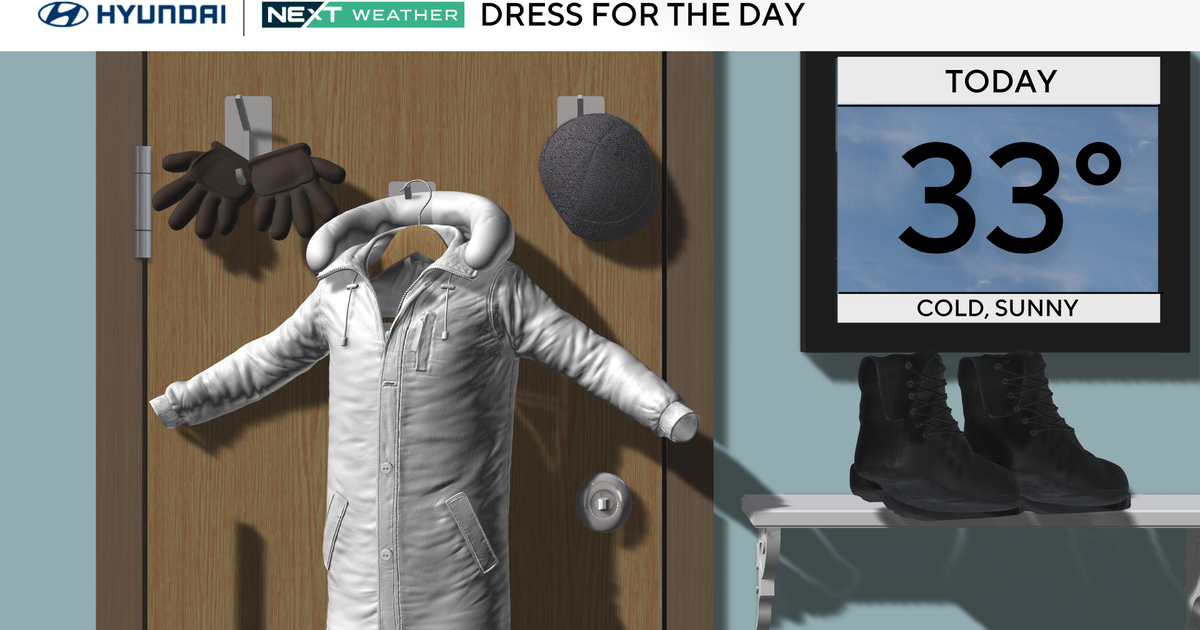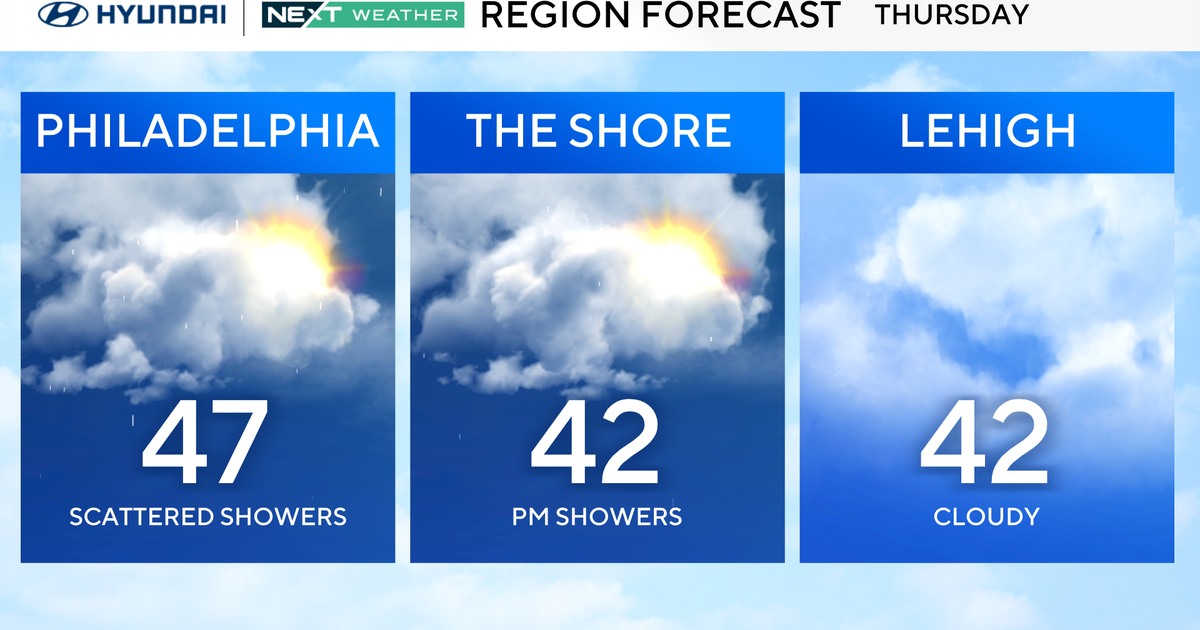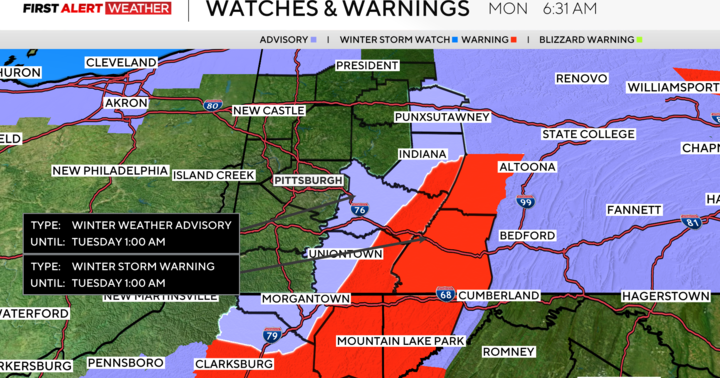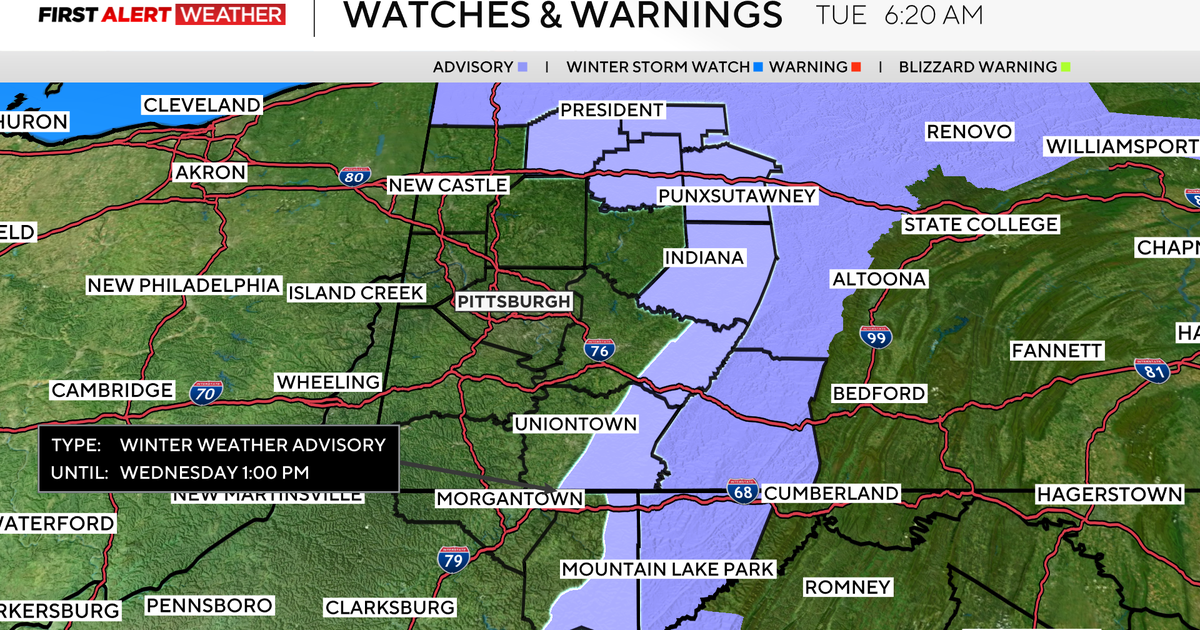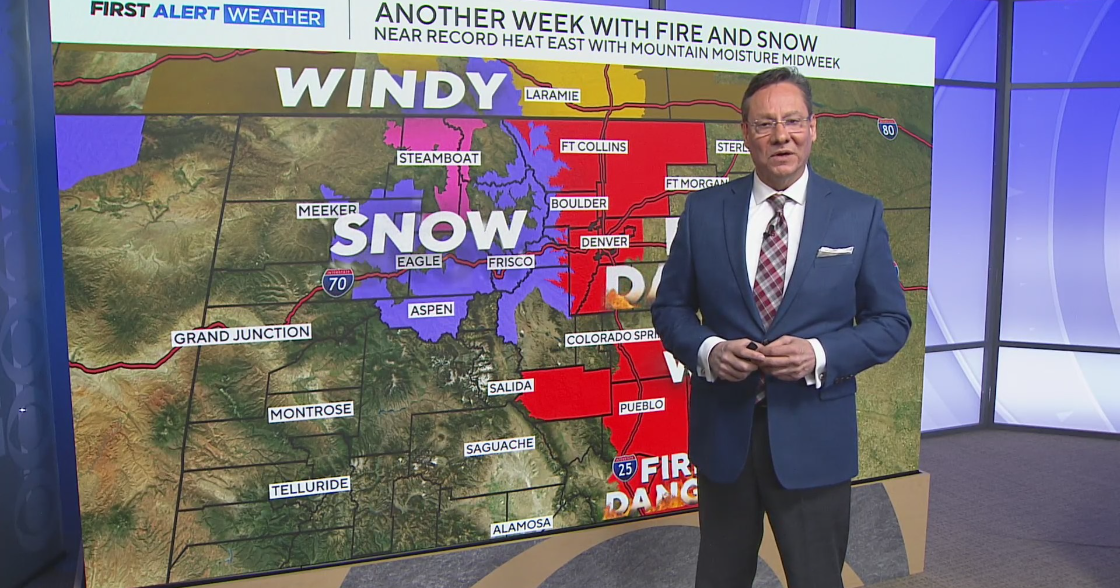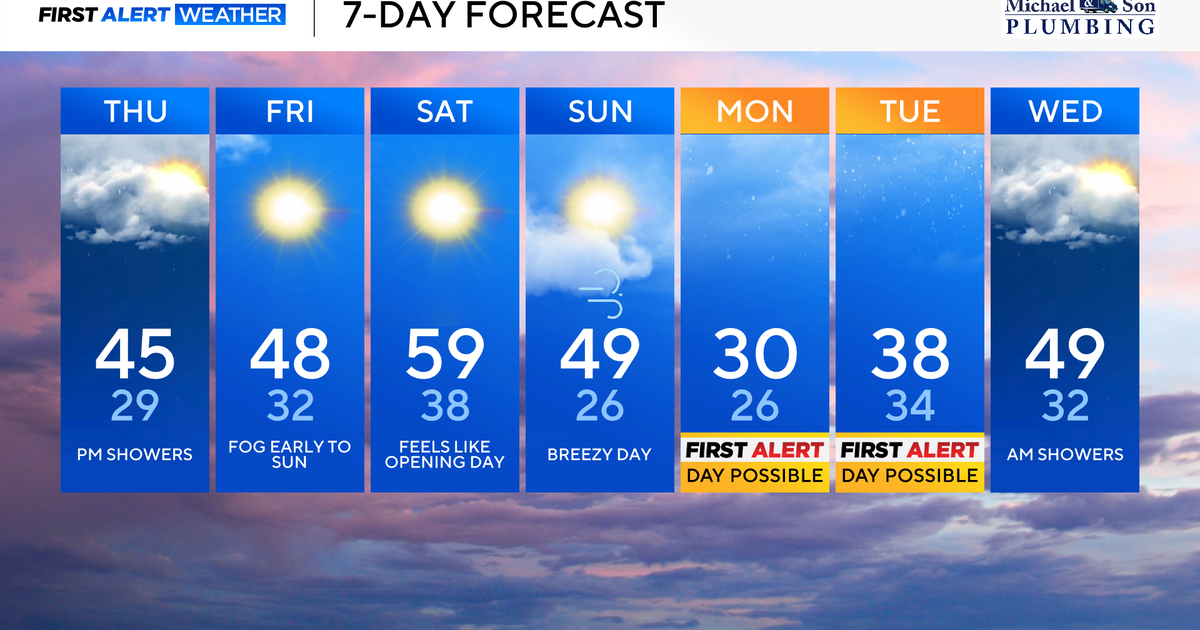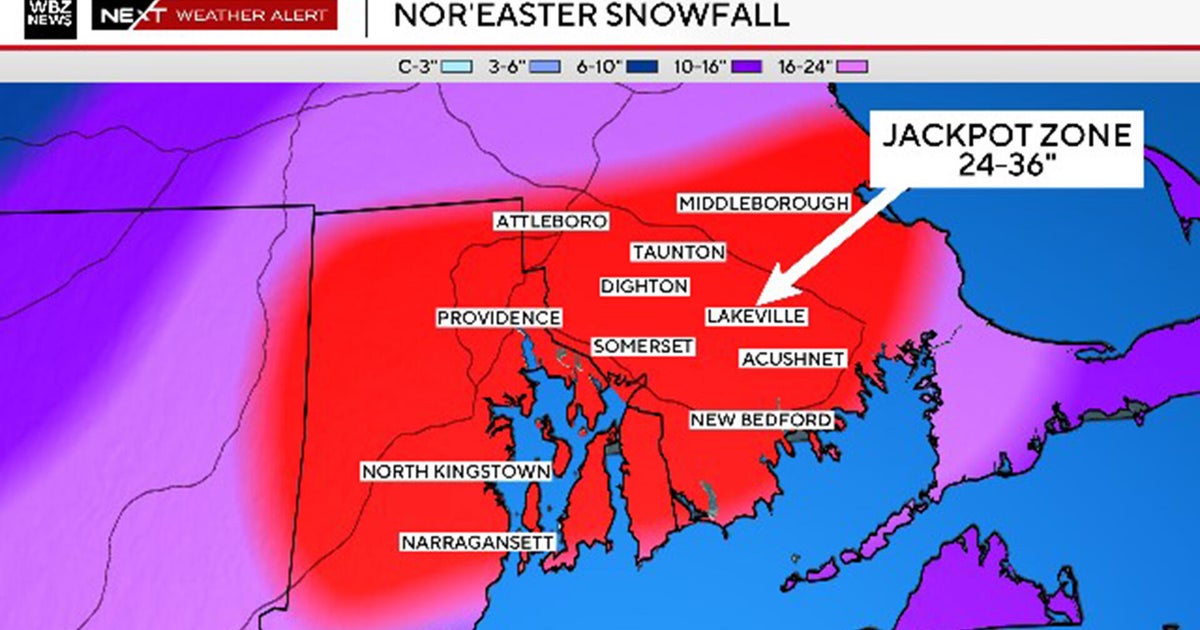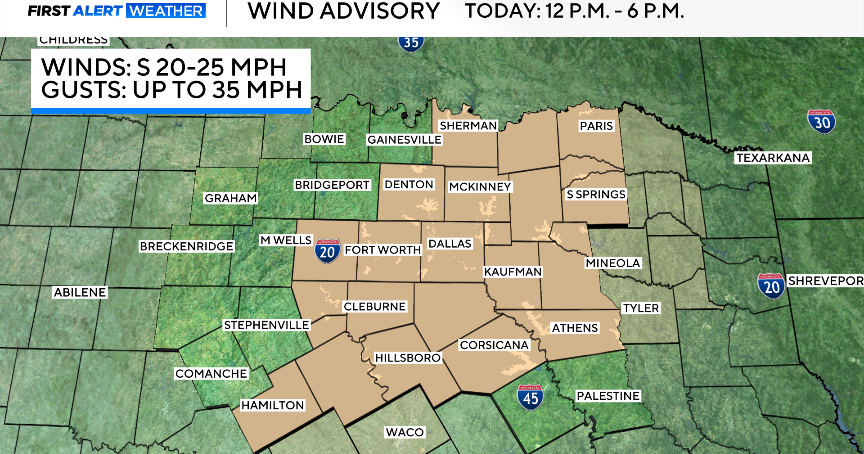Weather Blog: Relentless Heat
By Steve Strouss
PHILADELPHIA (CBS) - If you thought this week was hot just imagine if you were in Dhahran, Saudi Arabia on July 8, 2003. The temperature that day climbed to 108 degrees but the Dew Point was a World Record High of 95 degrees. This combination of heat and humidity tested Earth's extremes as the Heat Index rose to an unspeakable 178 Degrees.
Day six of our heat wave has arrived and today the city of Philadelphia reached a high temperature of 97 just one degree shy of the highest this year which was reached yesterday. When we factored in the Dew Point today and yesterday, it felt closer to 105 degrees.
As a result of the intense heat, a few showers and storms have popped up throughout the area, but more intense storms are expected on Saturday as a cold front moves in and brings an end to our relentless heat wave.
The high pressure system which had been pumping up the southern heat and humidity is weakening, and the cold front will push the remainder of the high to our south, setting up this pattern change.
Saturday's high will climb into the mid 90s which will make it day seven of our heat wave. This current heat wave is already the longest since late June/early July of 2012, when Philadelphia had a 12 day heat wave.
Philadelphia also tied the record of 26 consecutive days with a temperature staying above 70 degrees. June 23rd was the last day the low dropped below 70. This ties two records, one set in 1995, and another set way back in 1876.
As mentioned above, changes are ahead but they will come with a price. The cold front with strong thunderstorms is expected to move through around dinner time Saturday. Areas north and west of the city will be impacted first, with shore points-south and east being affected later in the evening. Gusty winds, heavy downpours, and hail are possible when the thunderstorms develop.
Sunday will feature less humid conditions but then a wetter pattern sets up. The heat will take a backseat to the rain, and models are indicating showers and thunderstorms nearly every day next week, similar to what we experienced before the heat wave.
